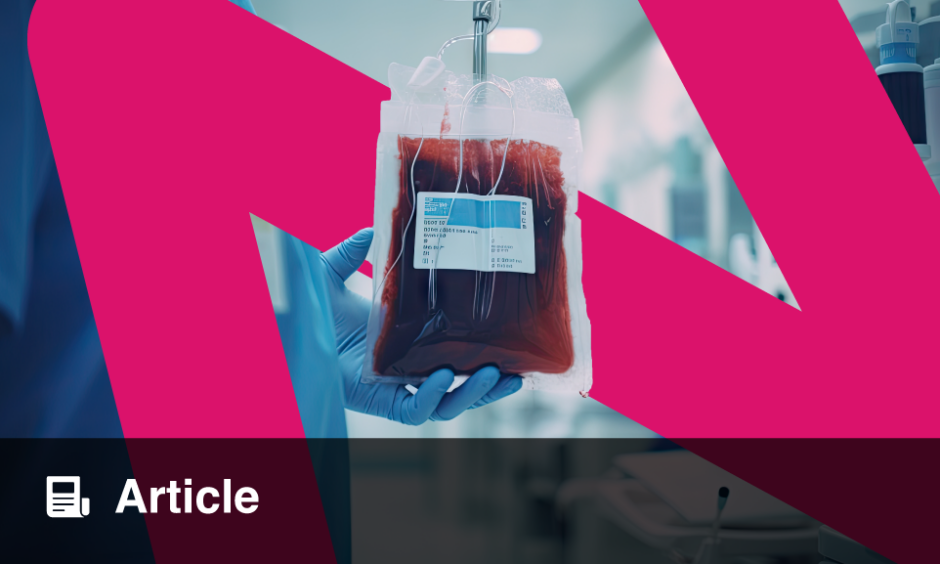RESEARCHERS have determined that hyperreactive platelets, driven by adenosine diphosphate (ADP) and epinephrine (epi), are significantly associated with cardiovascular diseases. ADP and epi are platelet agonists that influence reactivity through shared Gi/z protein-coupled receptor pathways, and their hyperactivity is linked to increased risks of myocardial infarction, stroke, and atrial fibrillation.
The study included 903 participants with arterial hypertension, dyslipidaemia, obesity, cancer, or diabetes, from the Gutenberg Health Study. Participants were categorised based on their platelet responsiveness to 0.5 μM concentrations of ADP and epi using light transmission aggregometry, with cutoff values of 52.31% and 73.20% maximum aggregation.
The analysis revealed that 0.6% of participants had ADP hyperresponsive platelets only, 47.1% exhibited epi-only hyperreactivity, and 16% showed hyperreactivity to both agonists. It was also revealed that almost all participants with ADP hyperreactivity also showed high responsiveness to epi. Statistical analyses demonstrated that increased ADP and epi reactivity was significantly associated with atrial fibrillation (prevalence ratio >1 across all comparisons), ADP hyperreactivity alone was significantly associated with dyslipidaemia (p < 0.05), and epi hyperreactivity was strongly linked to venous thromboembolism (p < 0.05).
Genetic analysis identified eight significant genes influencing ADP and epinephrine aggregability. These genes include GP6, PEAR1, MPIG6B, and P2RY12, which are involved as cell surface receptors; AKT2 and MAP2K2, which function as serine/threonine protein kinases; RGS4 and RGS5, which act as regulators of Gα/i protein-coupled receptors; and MIR100G, which serves as a microRNA-host gene. In particular, the GP6 gene variants rs1613662 (G/A) and rs1671152 (T/G) were linked to heightened ADP sensitivity, whereas the PEAR1 variant rs3737224 and the MPIG6B variant rs11575845 demonstrated increased platelet reactivity to epi (p < 0.05).
In conclusion, the results demonstrate that elevated platelet aggregation in response to ADP and epinephrine is linked to increased risk of atrial fibrillation, dyslipidaemia, and venous thromboembolism. Assessing platelet ADP and epi hyperreactivity may inform personalised antiplatelet treatments in patients with these conditions.
Katrina Thornber, EMJ
Reference
Baidildinova G et al. Cardiovascular and genetic determinants of platelet high responsiveness: results from the Gutenberg health study. Blood Adv. 2024; 8(15): 3870–3874.







